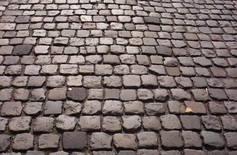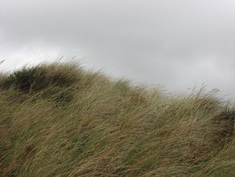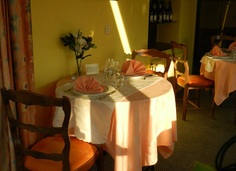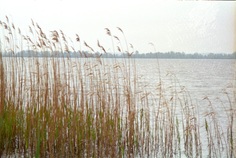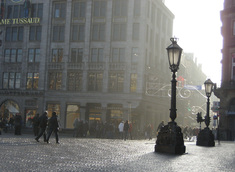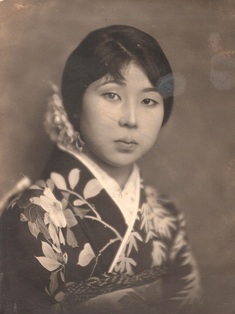Haiku
Haiku is a Japanese poetry form that has three parts in a row, each with a 5-7-5-syllable form. Japanese haiku are written in one single, unbroken line and have emerged from the tanka, which have a 5-7-5-7-7-syllable form.
A haiku is a poem about nature, but not only nature with its flowers and mountains as opposed to man. After all, a human being is part of nature, like a flower that blossoms, withers and dies. A haiku is about life in the universe.
A haiku contains one season-word (referring to climate, astronomical phenomena, plants, animals, events, festivals, etc.) in five categories: Spring, Summer, Autumn, Winter and New Year. The use of season-words is an effective way of communicating. Readers will understand the symbolic meaning of the central season-words without any further explanation. Think, for example, of the season-word ‘Christmas’, which will evoke a certain emotion in all of us. There are a lot of season-word dictionaries – ‘saijiki’ – which are haiku anthologies as well, containing a huge amount of information about nature and culture.
A haiku needs a surrounding space, an unspoken silent space as its background. What is said in a haiku is only the top of the iceberg. ‘Haibun’, a text attached to the haiku by its author, and ‘haiga’, a drawing, can add something to it and may give us a more profound understanding of the haiku. If there is not much background information, a reader will have to be more active in filling in the silent space surrounding it. The more room for interpretation, the better. The author and the reader ‘make’ the haiku together.
It is hard to translate haiku into another language, as its unspoken parts are connected to a culture and will therefore be best understood by readers of that culture. A haiku may need pages of background information about the author, culture and the symbolic use of the season-words. Sometimes I attach a short text or photograph.
A haiku is a poem about nature, but not only nature with its flowers and mountains as opposed to man. After all, a human being is part of nature, like a flower that blossoms, withers and dies. A haiku is about life in the universe.
A haiku contains one season-word (referring to climate, astronomical phenomena, plants, animals, events, festivals, etc.) in five categories: Spring, Summer, Autumn, Winter and New Year. The use of season-words is an effective way of communicating. Readers will understand the symbolic meaning of the central season-words without any further explanation. Think, for example, of the season-word ‘Christmas’, which will evoke a certain emotion in all of us. There are a lot of season-word dictionaries – ‘saijiki’ – which are haiku anthologies as well, containing a huge amount of information about nature and culture.
A haiku needs a surrounding space, an unspoken silent space as its background. What is said in a haiku is only the top of the iceberg. ‘Haibun’, a text attached to the haiku by its author, and ‘haiga’, a drawing, can add something to it and may give us a more profound understanding of the haiku. If there is not much background information, a reader will have to be more active in filling in the silent space surrounding it. The more room for interpretation, the better. The author and the reader ‘make’ the haiku together.
It is hard to translate haiku into another language, as its unspoken parts are connected to a culture and will therefore be best understood by readers of that culture. A haiku may need pages of background information about the author, culture and the symbolic use of the season-words. Sometimes I attach a short text or photograph.
我が影よあの角からはお前独り
Wa ga kage yo/ ano kado kara wa/ omae hitori
Wa ga kage yo/ ano kado kara wa/ omae hitori
黒鉄の風船白夜を鳴り止まず
Kurogane no fuurin/ byakuya o nariyamazu
Kurogane no fuurin/ byakuya o nariyamazu
夏逝きぬと我に別れの言葉なく
Natsu yukinu to/ ware ni wakare no/ kotoba naku
Natsu yukinu to/ ware ni wakare no/ kotoba naku
鳥渡る靴もコートも脱がず居て
Tori wataru/ kutsu mo kooto mo/ nugazu ite
Tori wataru/ kutsu mo kooto mo/ nugazu ite
寒灯下曲がってしまった曲がり角
Kantooka/ magatte shimatta/ magarikado
Kantooka/ magatte shimatta/ magarikado
新じゃがや母の死に顔美しと
Shin-jaga ya/ haha no shini-gao/ utsukushi to
Shin-jaga ya/ haha no shini-gao/ utsukushi to
